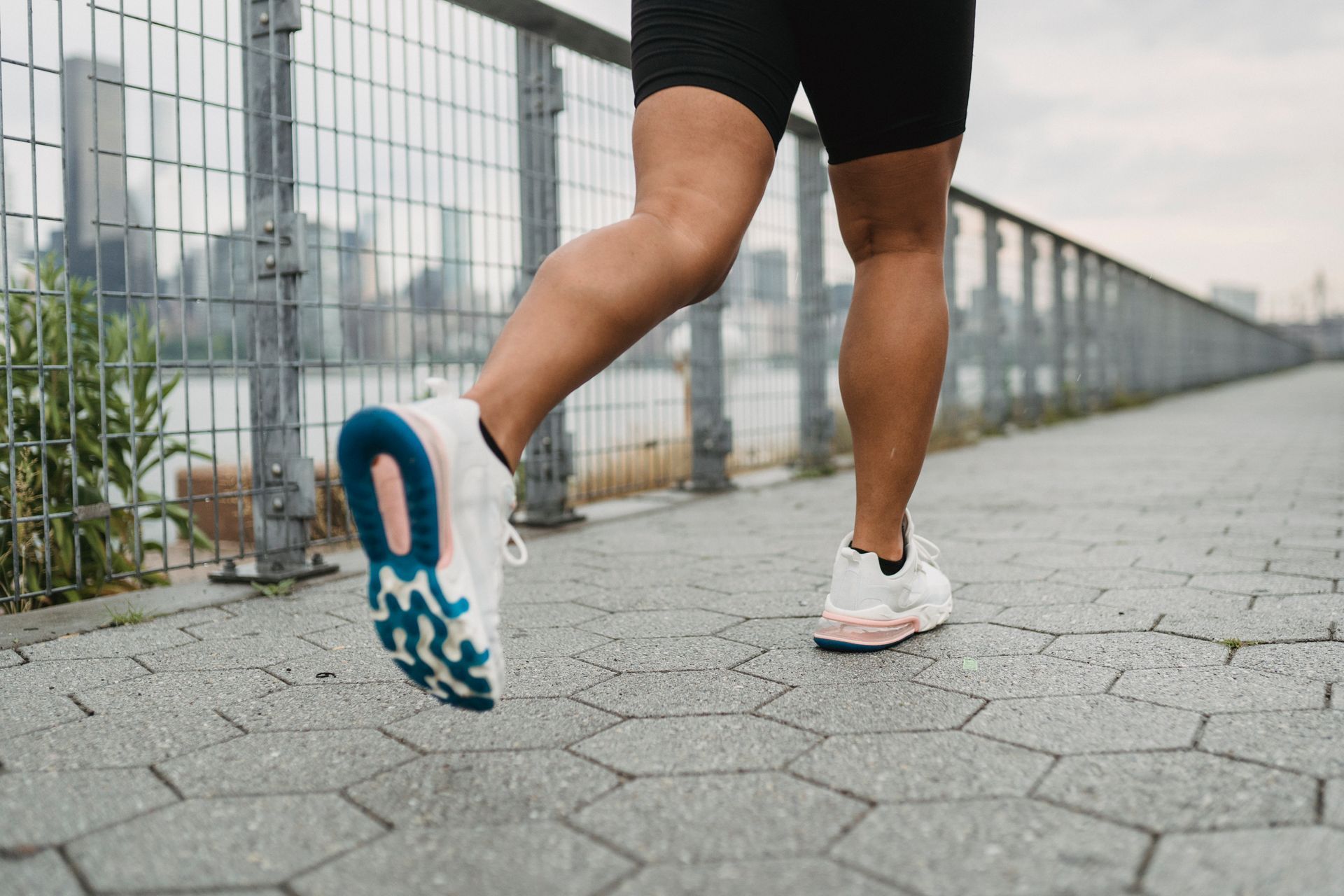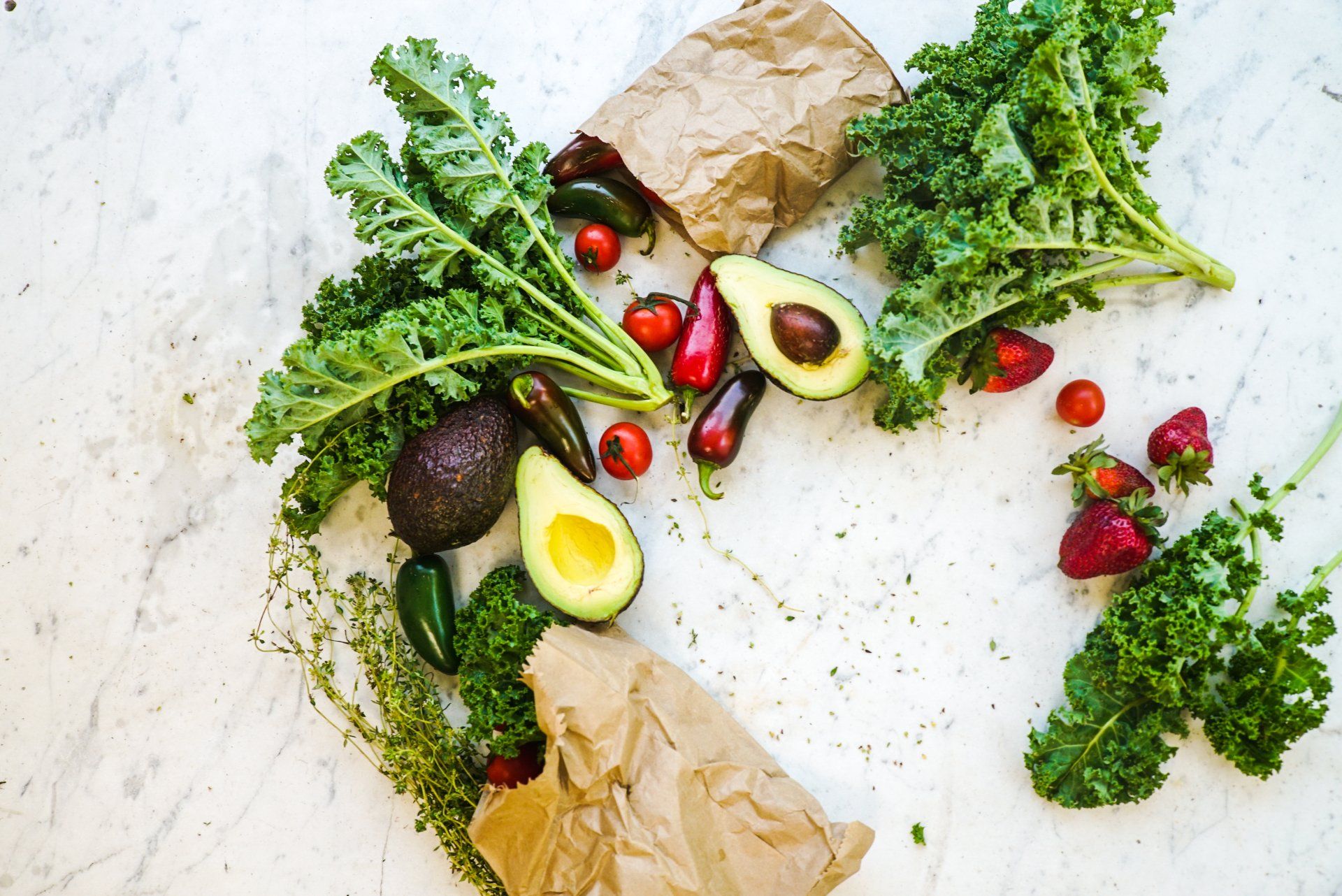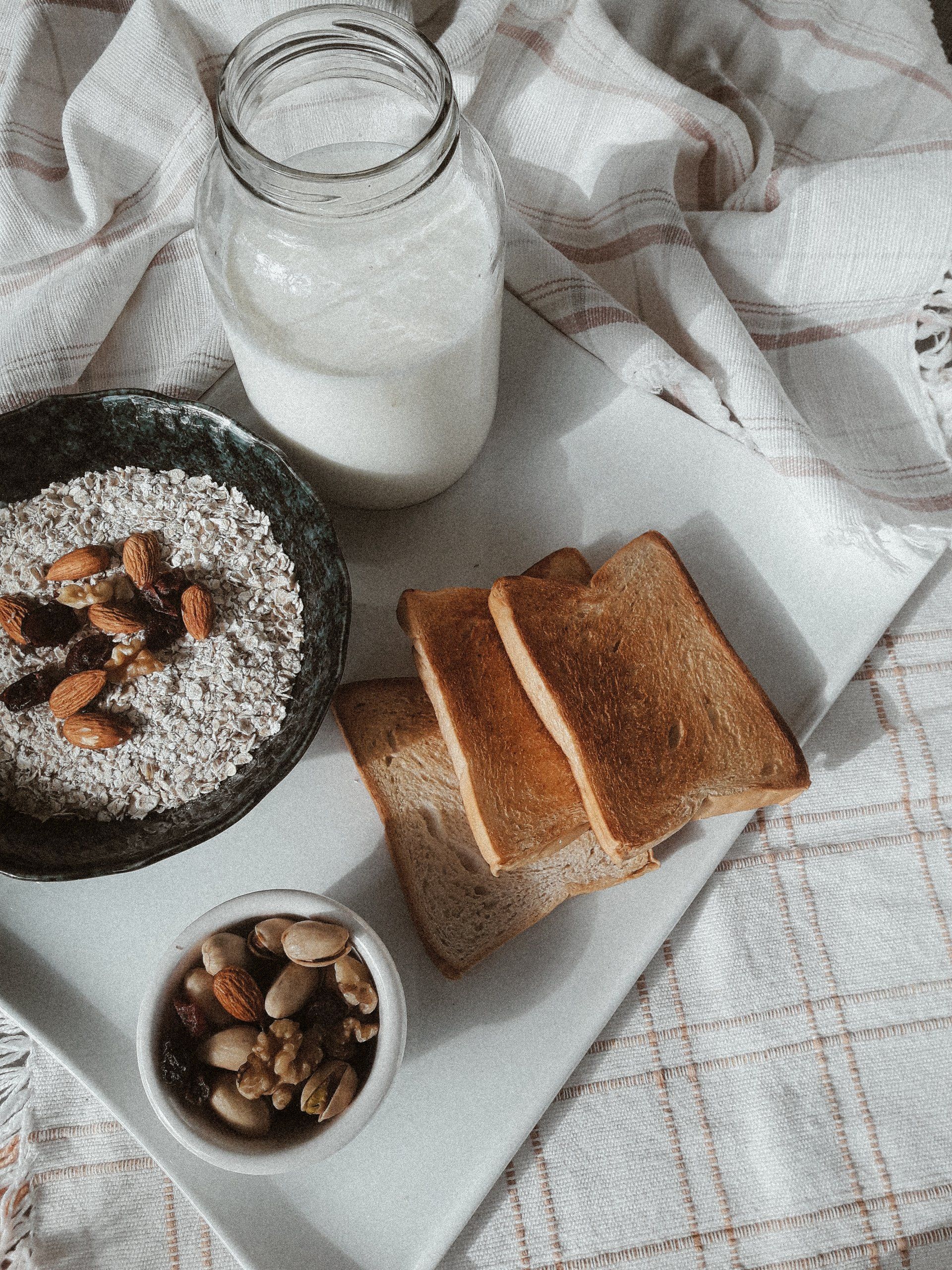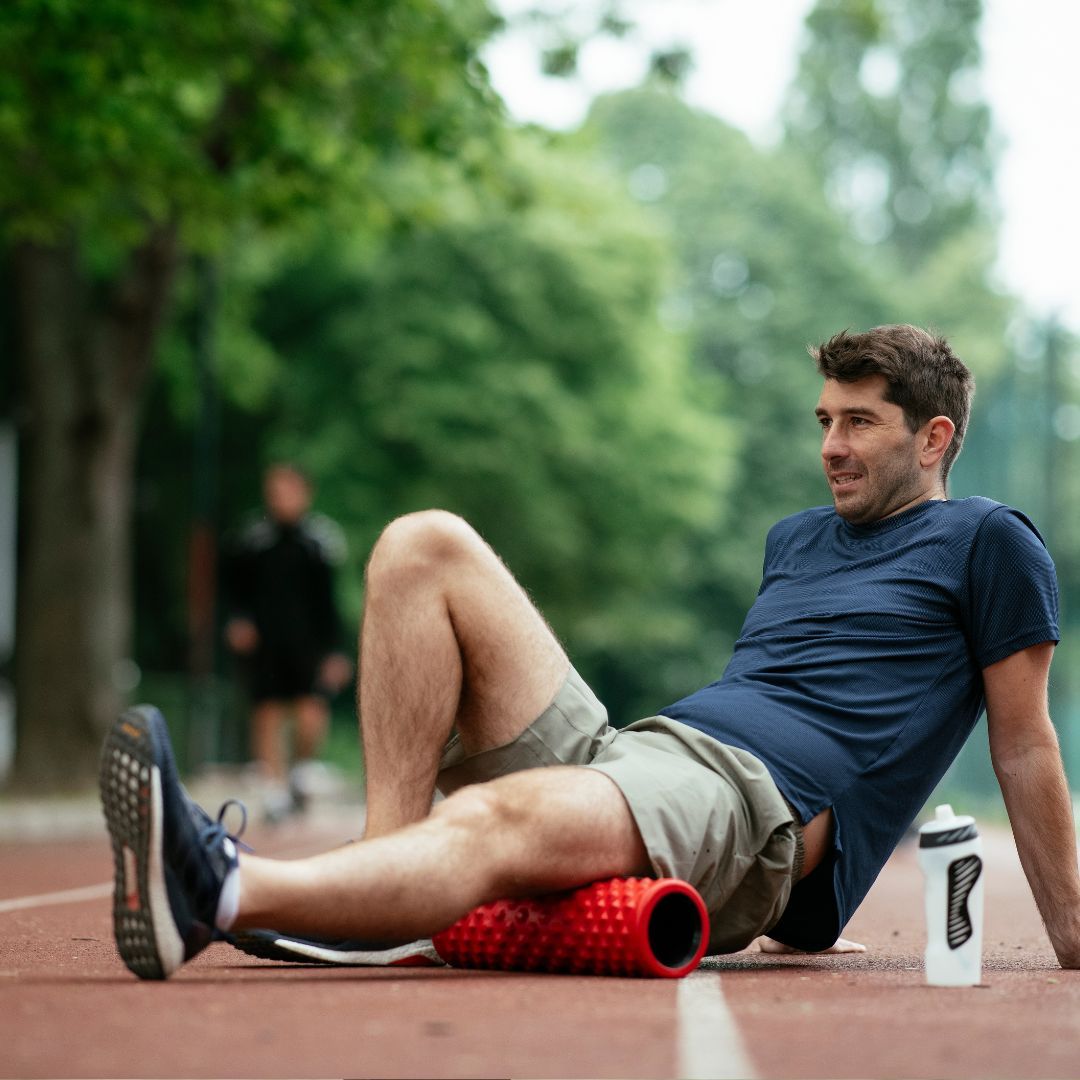So you want to run an ultra marathon?
It seems these days that a marathon is no longer enough, now everyone wants to run an ultra-marathon. What is an ultra-marathon you ask? Well, basically any run that is longer than a 42.2km marathon. So yes, a 45km race is an ultra-marathon! But who wants to only do 45km? In these days of less is more, with ultras, more really is more!!
The most popular ultra-running distance is 100km, but you can also opt for 100 miles, 200 miles or track/loop races that can go for anywhere from 6-48 hours…sometimes even 6 days. What fun I hear you say! Indeed, it is, but only if you put in the training. Yes, there is always a caveat.
Training for an ultra needn’t be too daunting. If you are already a runner, it will simply involve a few modifications to your training plan. If you are not a runner, best get onto a couch to 5k program first, and then the ultra world will beckon!
Training for an ultra does not require absurd amounts of time running. You will need to run about 5-6 days per week, however. You will need to do some higher intensity speed work (even though it is an ultra, you still need to teach the body to run fast…in case you need to sprint past a competitor!!), some easy days to shake out the legs and build the leg/tendon/mitochondrial strength of the body and one to two long runs per week to build your endurance and mental strength. For a 100k race, the long run really does not have to be more than 50k or thereabouts. Where you run this long run depends on your races; if your race is mountainous run it in the mountains, if it’s on the track, run it on the track! Easy! If you are doing a 100 or 200 miler, you may need to do back-to-back long runs to teach your body to run on tired legs. This means a long run Saturday, followed by another on Sunday. The weekday runs need not be more than an hour to ninety minutes each session.
Long runs are also a great time to test your nutrition. This is as individual as the runner themselves. Some runners can run on gels alone, other use gels and chews, others use these with some real food in the mix. The longer the race, the more likely you will want to eat some real food (vegemite sandwiches, vegie soup, potatoes, etc). A 100-mile race can last for anywhere up to 30-40 hours! A 200 considerably more! Just remember, running diverts blood flow away from the stomach, leading to the possibility of ‘gastric distress’, a very real and painful condition. Hence the importance of testing what works for you!
Another component of training is strength work. Once again, this does not need to be too time-consuming, but 2-3 times per week is a good idea. Each session will be about 30-45 minutes and will focus on upper and lower body strength. Strength work keeps your body robust and helps you become a more balanced athlete.
The final, and most important, part of training is sleep and rest. Yes! Sleep is when the body recovers and re-builds muscle. Rest is when the boy improves. Training breaks down the body, sleep and general rest is when the body gets stronger. Neglect this aspect of training at your peril!
So there you have it, training for an ultra in a nutshell. Running an ultra is an amazing feeling. The sense of accomplishment when you complete this monumental effort is beyond belief. Get out there and get running! You’ll thank me later!
I write programs to help you reach your goals, ultras or not! I would love to help you!











